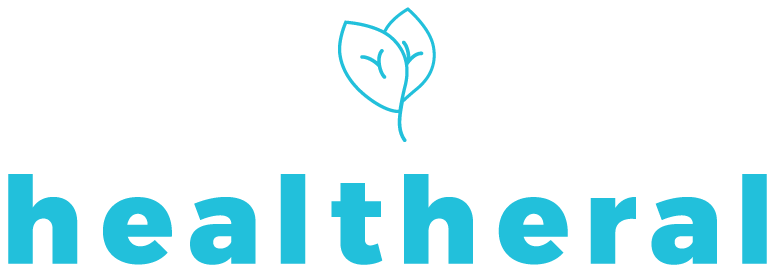Understand the Importance of Proficiency in Mathematics for Employment in Healthcare
Published on
Interested in pursuing a career in healthcare? Apart from acquiring the appropriate education, potential candidates often contemplate the significance of excelling in mathematics. Fortunately, several healthcare vocations necessitate only rudimentary numerical skills. Discover further insights into the utilization of numbers in healthcare and the diverse occupational opportunities accessible to individuals with average mathematical abilities.
Mathematics’ Role in Healthcare
Healthcare practitioners require numerical literacy to evaluate data and administer appropriate care to patients. Several scenarios where mathematical skills come into play include the following:
Computation of Medication Dosage
Pharmacists and physicians must comprehend the metric system and possess the ability to compute fractions and proportions in order to determine the appropriate medication dosages based on a patient’s body weight.
Assessment of Event Probability
Medical professionals utilize probability in order to make healthcare recommendations with minimal risks. For example, they may employ data to estimate the success rate of a surgical procedure.
Monitoring Patient Health
Health professionals employ quantified treatment plans to monitor a patient’s progress and to discern improvement or deterioration in their health. Additionally, they use numerical data to monitor vital signs during surgical procedures.
Prediction of Disease Risks
Physicians utilize numerical values to decipher a patient’s health status and determine the severity of their condition. For instance, specific cholesterol levels can indicate an elevated risk of heart attack or stroke.
Math-Intensive Healthcare Professions
Several healthcare roles entail critical thinking and necessitate advanced mathematical skills. Here are a few examples:
Pharmacology
Pharmacists must precisely calculate medication dosages and infusion rates, making advanced mathematical skills crucial to prevent errors.
Epidemiology
This field requires the application of diverse mathematical techniques to comprehend and interpret data related to diseases and their impact on various age groups.
Cognitive abilities are vital for these professions, but these skills can be honed over time through education and practical experience.
Professions Requiring Fundamental Mathematical Skills
Not all healthcare careers demand advanced mathematical skills. Here are a couple of examples:
Nursing
Nurses primarily concentrate on patient care and communication, requiring only basic arithmetic skills to measure vital signs and interpret them.
Physical Therapy
Mathematics plays a minimal role in this field, with basic skills being adequate for assessing and tracking a patient’s progress.
Despite these roles necessitating only rudimentary mathematical skills, continuous learning can be advantageous for individuals and can enhance collaboration within the healthcare team.
Relevance of Mathematical Skills in Healthcare
While not all healthcare roles mandate advanced mathematical skills, possessing a fundamental understanding of mathematics can be advantageous. For individuals pursuing careers requiring advanced mathematical skills, continual training and experience can aid in developing these abilities.










